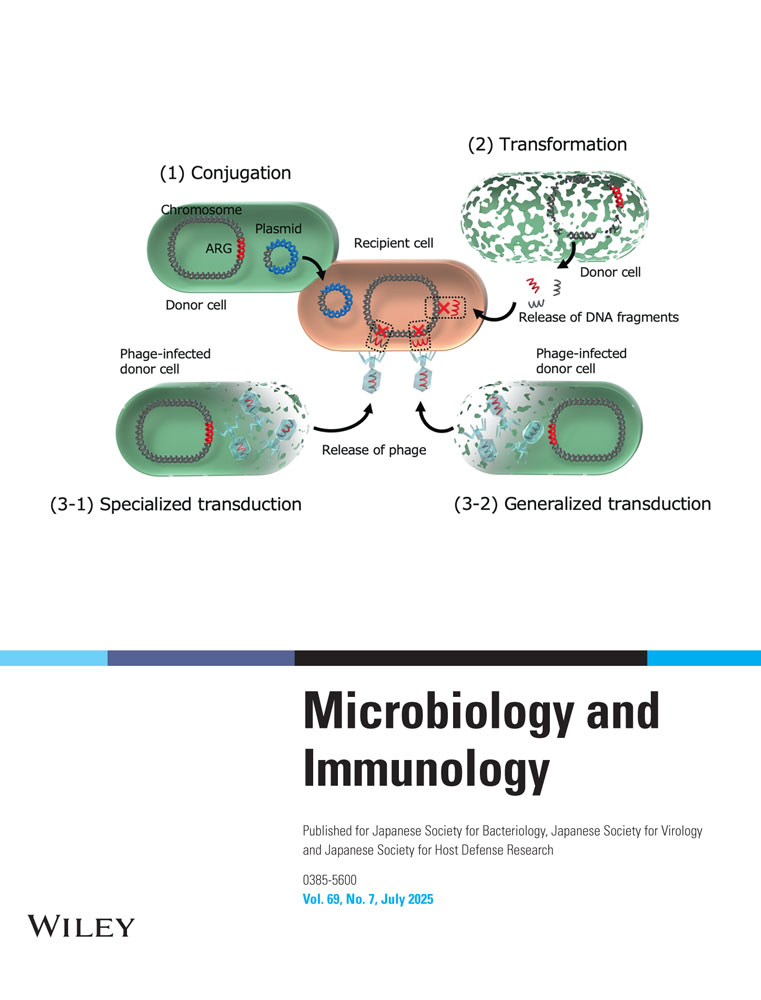Suppressive Mechanisms of EPA on Human T Cell Proliferation
Abstract
In vivo and in vitro experiments show that polyunsaturated fatty acids (PUFAs) including eicosapentaenoic acid (EPA) inhibit mitogen- or antigen-stimulated proliferation of T cells in rodents and humans. However, the exact manner and mechanisms by which PUFA inhibits T cell proliferation is not clear. In the present study, we investigated the suppressive effects of EPA, an n-3 PUFA, on PHA stimulated human peripheral blood T cells. Our results showed that EPA suppresses mitogen- or antigen-stimulated human T cell proliferation by at least 2 steps; step 1) EPA suppresses T cell proliferation by inhibiting IL-2Rα expression and IL-2 production; step 2) EPA induces cell death of blast T cells without reducing the expression of IL-2Rα. We also showed that EPA selectively stimulates the cell death of blast T cells but not resting T cells. The suppressive effect of EPA was mediated via the production of reactive oxygen products, because EPA-stimulated H2O2 production and the suppressive effect of EPA was restored by addition of catalase or NAC. These results taken together suggest that such immunosuppressive effects of EPA may explain the apparent benefits of EPA-enriched diets for patients with inflammatory disorders.
Abbreviations
-
- DHA
-
- docosahexaenoic acid
-
- EPA
-
- eicosapentaenoic acid
-
- FCS
-
- fetal calf serum
-
- LDH
-
- lactate dehydrogenase
-
- MACS
-
- magnetic cell sorting
-
- MS
-
- multiple sclerosis
-
- NAC
-
- N-acetylcysteine
-
- PBMC
-
- peripheral blood mononuclear cells
-
- PBS
-
- phosphate buffered saline
-
- PHA
-
- phytohemagglutinin
-
- PMA
-
- phorbol-myristate-acetate
-
- PPD
-
- purified protein derivative
-
- PUFAs
-
- polyunsaturated fatty acids
-
- RA
-
- rheumatoid arthritis
-
- SLE
-
- systemic lupus erythematosus
-
- SOD
-
- superoxide dismutase.




